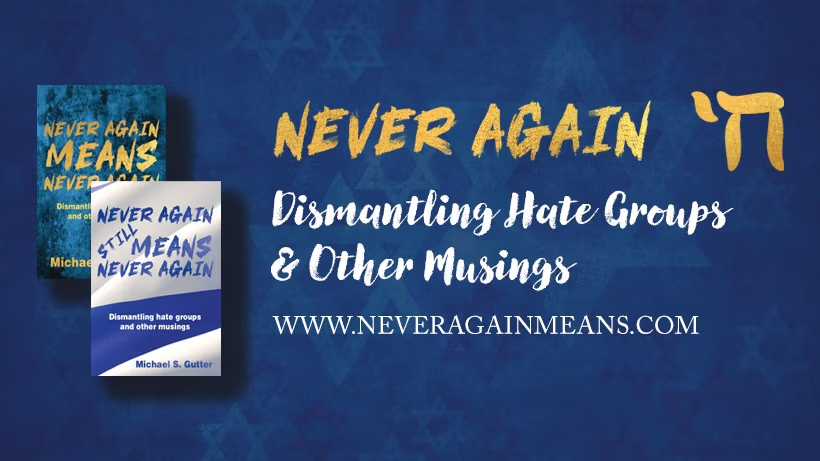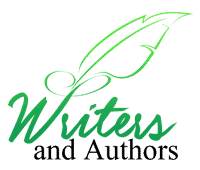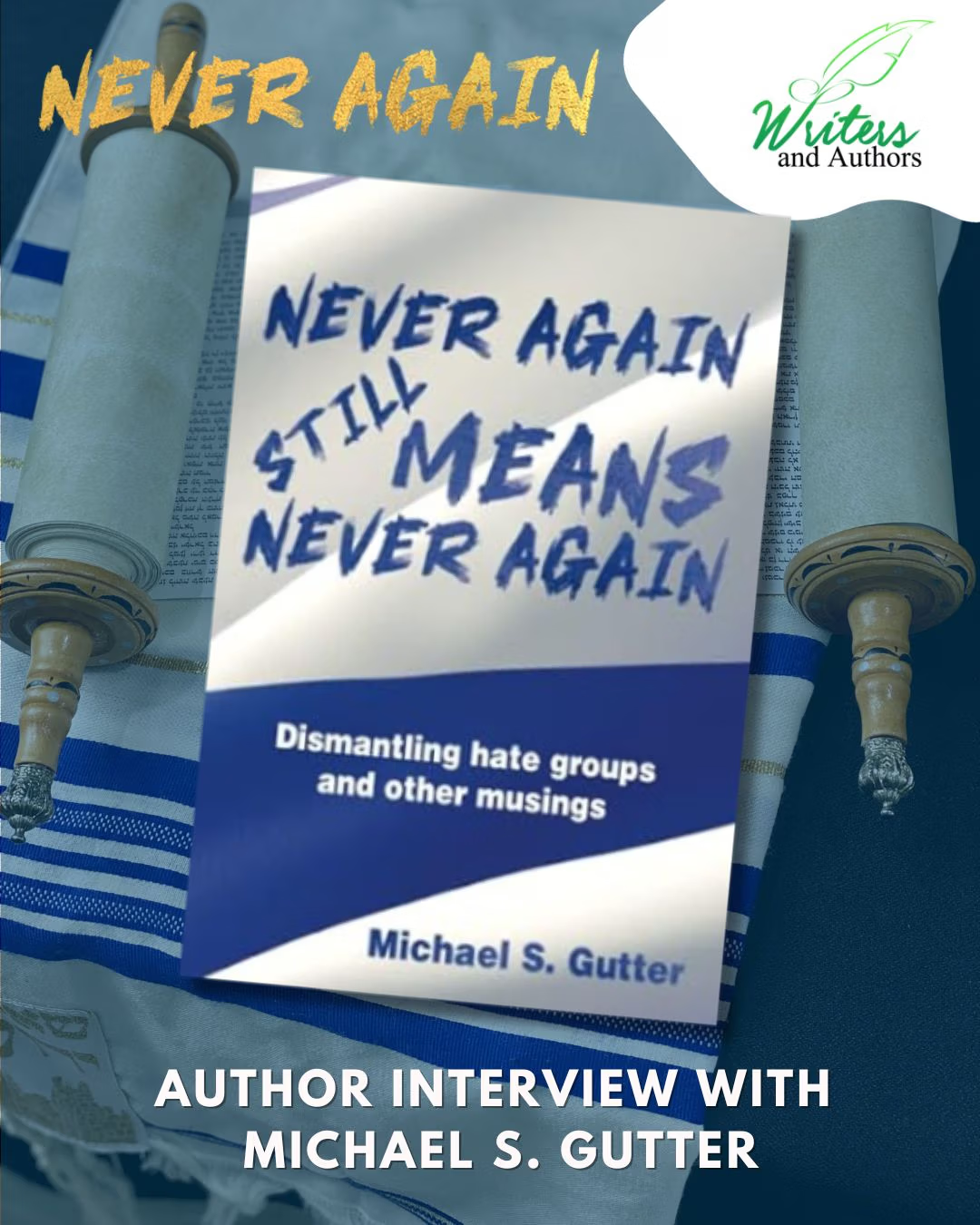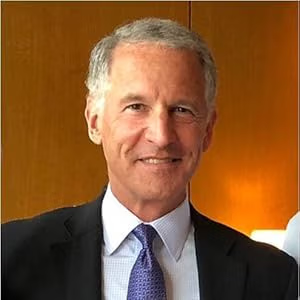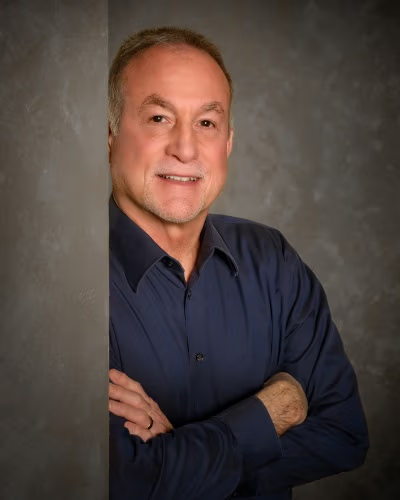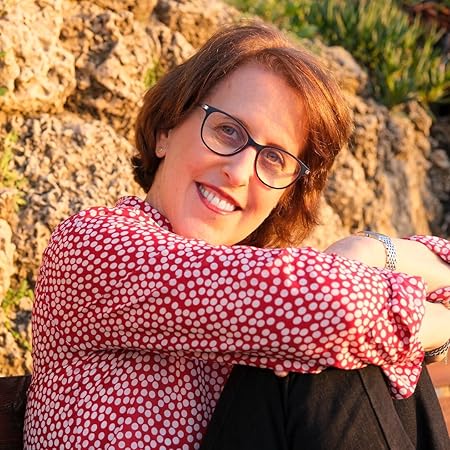This gripping nonfiction work is essential for those seeking to fathom the depths of both human cruelty and resilience, uncovering the enduring power of hope even amidst the bleakest moments. Author Michael S. Gutter offers two renditions of Never Again Means Never Again. The first presents an unfiltered, candid discussion of Gutter’s message, embracing a no-holds-barred honesty. Its counterpart, Never Again STILL Means Never Again, maintains the same factual narrative and storylines while opting for a more restrained tone, devoid of dark humor, insults, or coarse language. This version represents a diplomatic approach to the same pivotal topics. Today, we have the privilege of engaging Michael Gutter in an enlightening discussion to glean deeper insights into his impactful books and the significant messages he seeks to impart to the world.
Can you provide a brief overview of your book, Never Again Still Means Never Again: Dismantling Hate Groups, and what motivated you to write it?
A quick overview is I wanted to put in one book all the achievements that we as Jews have contributed to the United States and worldwide. A lot of people think there’s hundreds of millions of Jews worldwide when it’s really around 16 million. That’s it. Furthermore, I wanted to show all the lies that have been perpetuated about Jews for the last hundred plus years. I also wrote a lot of the book as if I was talking to 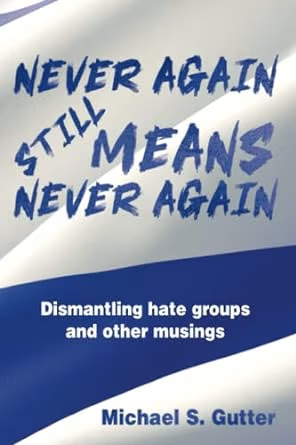 a hate group member at a bar. Now, I did a ton of research and back everything up with my opinion. I think a lot of people will be shocked, surprised, and frankly “blown away” with what I’ve come up with.
a hate group member at a bar. Now, I did a ton of research and back everything up with my opinion. I think a lot of people will be shocked, surprised, and frankly “blown away” with what I’ve come up with.
Another reason I wrote this book is I have always been fascinated with numbers, stats and realism. I have known over the years that things brought against Jews, Blacks, the LGBTQ community were wrong, yet it seemed like I was “talking to myself,” knowing certain aspersions were incorrect and could easily be dispelled. Also, I wanted to write something to my fellow Jews in this country. We are not only losing our identity, we are losing fellow Jews at a rapid pace. I can’t highlight enough the importance of covering this topic. We need to make some rapid changes immediately .
I do not, on any level, hold back my opinions at all.
To answer your question about my motivation to write this book, I actually have a specific time when I put pen to paper. One morning I had been listening to some audiobook while sleeping and I woke up to a couple of Nazis bitching about something and I just got angry. I’ve heard their nonsense a lot in the past and it’s never bothered me, but it did that morning. Plus, when I got up, there was an article about the cowardly asshole from Pittsburgh who murdered those Jews leaving Synagogue.
So I grabbed a pen and started writing.
In your book, you discuss the idea of Never Again. What does this phrase mean to you, and why is it relevant to the topic of hate groups?
To me it truly means, Never Again as written. It was Never Again, for my grandparents and they honored the words. It was Never Again for my parents, uncles and aunts, and they honored the words. My generation is not honoring those words, and I’m as much to blame as anyone. We have completely dropped the ball. I cover a lot of this in the book, but one thing I will mention to anti-Semites, radical terrorists, etc. you don’t need to get in trouble, go to jail, whatever, to eliminate Jews in this country. No need. At our pace, we’re doing it for you…
Hate groups have been a persistent issue throughout history. What makes your approach to dismantling them unique or particularly effective?
I’m going to have to somewhat “dodge” this question and refer to the words in the book. Yes, I give my opinion on what we can do, but I kind of build up to it and there’s no way I can provide a condensed version. In my opinion, we have very few options but it has to be a two-pronged approach.
Could you share some key insights or strategies from your book that you believe are essential in the fight against hate groups?
Same as above. I set a tone in this book that leads up to the specifics of your question. I will answer your question with my question. In the last 2 years, the ADL has reported 4,717 (that’s off the top of my head, but it’s close) anti-Semitic incidences in the U.S. Well, my question is simply, do you think what the ADL and all other Jewish organizations are doing is working? I don’t. It’s definitely not working and I lay it out for the reader to decide.
Hate groups often rely on radicalizing individuals through various means. How does your book address the issue of radicalization, and what steps can society take to prevent it?
I lay it out in a few ways, but it’s easy to radicalize someone who has no education, very low to low income and usually someone without many friends. Well, they suddenly come across people and organizations who quickly convince them that all of the issues they have isn’t their fault. All of their downtrodden issues is because someone is holding them back. Then you get a bunch of likeminded idiots together and voila, the perpetuation starts. I cover much more than that, but that’s been as valid today as it was a thousand years ago. Low education tends to lead to high ignorance.
You mention the importance of education in countering hate groups. Can you elaborate on the role of education and what changes should be made to our educational systems to tackle this problem?
Our educational system needs to be changed in quite a few ways. Especially now, when one’s feelings override sensibilities and facts. The more educated someone is, and the more they achieve success at home and the office, it takes away the largest obstacle all minorities face. And that is… excuses.
When one realizes, truly realizes, that in 99% of the situations they put themselves in, they’re the problem and the problem usually isn’t someone else, then you’ll see a large decrease in hate groups and society in general.
The book may address specific case studies or examples of hate groups. Could you share one that you found particularly compelling and the lessons we can draw from it?
Hate groups come in many forms. There’s a group who used to support Israel, then during one of their conventions they reversed course and their group voted on some Palestinian issue. Now, I could care less on their vote. If their members want to support the Palestinians, have at it. But it was the lies, the lies that perpetuate to hating Jews is what bothers me.
I can’t express (although you’ll read it) how angry I got. Antisemitism, racism, homophobia, against the handicapped–those groups come in many flavors.
Hate groups often exploit social media and the internet for recruitment and dissemination of their ideologies. How does your book address the role of technology in this context?
It’s the same answer as above. By a large margin they find and take advantage of the misanthropes. It’s very easy to convince someone who feels they have nothing to join a group. And to some, that means any group. I give more specifics in the book, especially when it comes to the internet.
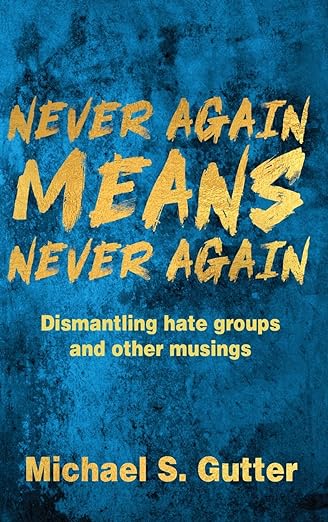 In your research, did you come across any successful initiatives or programs that have effectively dismantled hate groups? If so, can you provide some examples and discuss their impact?
In your research, did you come across any successful initiatives or programs that have effectively dismantled hate groups? If so, can you provide some examples and discuss their impact?
No. It can only be done at the individual level. There is no way, no how, you could address a hate group and reach them as a whole, and for them to see the errors of their ways as a group. It ain’t Hollywood. I’m not a psychologist, however, if you could get a group of neo Nazis to live on a Kibbutz near Gaza, West Bank or southern Lebanon for a couple of months, I’m confident they would “change their tune.”
Hate groups often prey on vulnerable individuals. What steps can communities and support networks take to protect potential targets and offer alternatives to those considering joining such groups?
I can tell you when my parents were growing up and when I was growing up, we were all involved in Jewish youth groups. We were all educated and involved, but most importantly, respectful. If schools and organizations can get kids–middle school and high school–involved in something and show and teach them respect, it becomes one less excuse they can give themselves in the future.
When you show respect to yourself, to others, to cultures, the elderly, to someone handicapped, different languages, etc., then you respect the differences in others instead of disrespecting what’s not the same. It is massively important to learn to respect.
The book discusses the role of community engagement. What can individuals and local communities do to actively work against the presence and influence of hate groups?
This is a big part of the book so I’m not really going to answer this question here. However, we need to “reset” our current thoughts and recognize what worked or didn’t in the past. Also, we need to stop trying to appease everyone. When it’s time to be tough, be tough. Stop being so passive.
Can you speak to the importance of countering hate speech and extremism while upholding principles of free speech and civil liberties?
Anyone can speak anywhere they’d like, as long as no laws are being broken. If a hate group wants to espouse how fantastic their organizations are and list all of their accomplishments in a public forum, I don’t care, as long as it’s within the laws of the cities, states and federal guidelines of this country
Hate groups or any groups in this country should be able to have rallies, marches, protesting anywhere they’d like, but again, as long as they’re not breaking any laws. I’m a huge free speech advocate, as long as it’s in the confines of the law. Just because I think most of them are moronic idiots and the people that support them are too, my opinions shouldn’t circumvent someone else’s right to free speech.
Given the evolving nature of hate groups, how does your book address the need for ongoing vigilance and adaptation in our strategies to combat them?
Again, it would take way too long to correctly explain this, but I do address it in the book. Personally, I would like to start an organization or be a part of an organization that addresses your important question. But it’s safe to say that it won’t be easy. Especially as technology continues to evolve. I lay out a few things I think we need to do, the other things I think we need to do I’ll keep to myself for now.
What message or key takeaway do you hope readers will gain from your book, and how do you believe your work contributes to the broader conversation on addressing hate groups?
To any hate group member, I’ll make it simple. I have never, not once in my life, woke up and thought about you. I’ve never wished to flatten your tire, clog your toilet or harm you, not one time. So why on earth do you wake up wanting to hurt me? There’s no Jewish bankers waiting around to deny you a loan. There’s no Jewish waiter looking to spit in your food, etc. We do not exist to screw you over and if someone is telling you this, you are being lied to. I want to know one specific example of what we as Jews have done to you, your family, or anyone you know that justifies your hatred.
Find the author:
Purchase Never Again Still MEANS Never Again:
